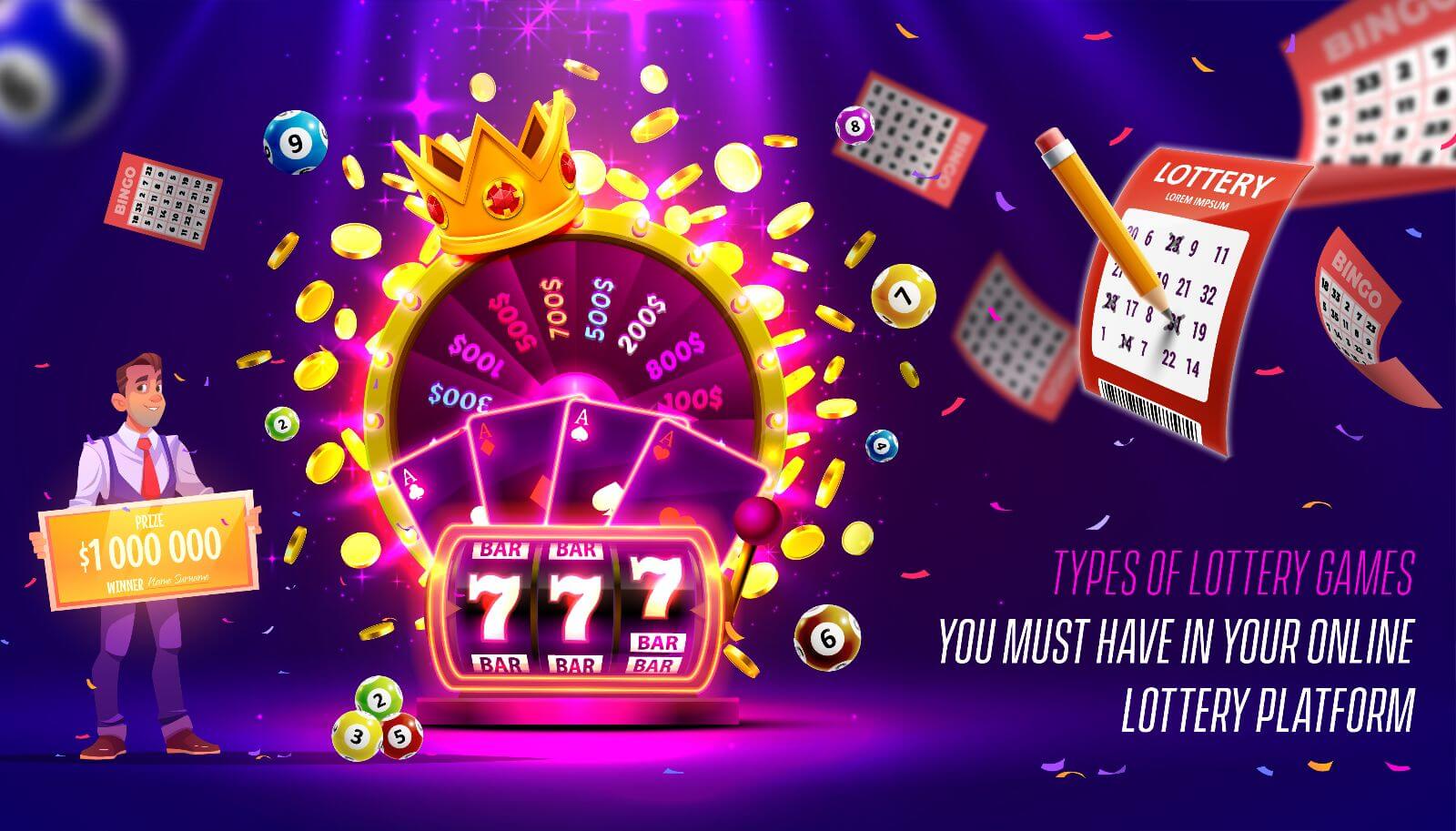
Lottery, a form of gambling that has been around for centuries, is a game of chance where participants purchase tickets with numbers on them in hopes of winning a large prize. The concept of หวย24 traces back to ancient times when people used it as a means of raising funds for projects such as the Great Wall of China and the Roman Colosseum. Throughout history, lottery has been both loved and hated, surrounded by controversies and superstitions. Let’s dive deeper into the world of lottery and explore its impact on society.
The most common and traditional type of lottery is a number draw, where players choose a set of numbers and must match them with the ones drawn to win the jackpot. In recent years, there has been an explosion of new lottery games, including scratch cards, online lotteries, and even themed lotteries based on popular TV shows and movies. With various options available, lottery has become more accessible and tempting for people of all ages and backgrounds.
One of the main reasons for the popularity of lottery is its promise of overnight wealth. With the chance to win millions of dollars with just a small investment, many people are willing to take the risk. It is considered a way out of financial struggles and a means to fulfill dreams and desires. However, the reality is that the odds of winning the jackpot are incredibly low, making it more of a game of luck than skill.
The allure of lottery also lies in its simplicity. Unlike other forms of gambling, such as poker or blackjack, players do not need any special skills or strategies to win. The winning numbers are purely random, giving everyone an equal chance to win. This makes lottery appealing to a wide range of people, from casual players to regular enthusiasts.
However, lottery is not without its drawbacks. Critics argue that it is a form of regressive taxation that preys on the poor and vulnerable. People with low incomes tend to spend a higher percentage of their earnings on lottery tickets, hoping for a better future. The sad reality is that most people who play never win a substantial amount, and some end up losing more money than they can afford.
In addition to its financial impact, lottery has also been a subject of controversy due to issues of integrity and fairness. There have been instances of fraud, where lottery officials have been caught manipulating the results to favor certain individuals or organizations. The temptation of huge sums of money often leads to unethical practices, causing mistrust and skepticism among players.
Despite these criticisms, lottery remains a popular form of entertainment and a significant source of revenue for many governments. In the United States alone, lottery sales amounted to $90 billion in 2018, with a significant portion of the profits going towards education, public health, and other social programs. Lottery has also been used to support charities and causes, making it a means of giving back to the community.
As with any form of gambling, it is crucial to approach lottery with caution and responsibility. While there is a chance of winning big, it is essential to remember that it is ultimately a game of chance. It is essential to set a budget, play within your means, and not let the lure of easy money lead to financial troubles.
In conclusion, lottery is a game that has both its positives and negatives. It has been a part of our history and culture, offering excitement and hope to participants. Its impact on society, both beneficial and detrimental, cannot be ignored. Whether it is a game of luck or a tax on the poor, lottery will continue to be a subject of debate and controversy in the world of gambling.
